Technology and Science Behind Bilirubin Phototherapy Units: A Modern Approach
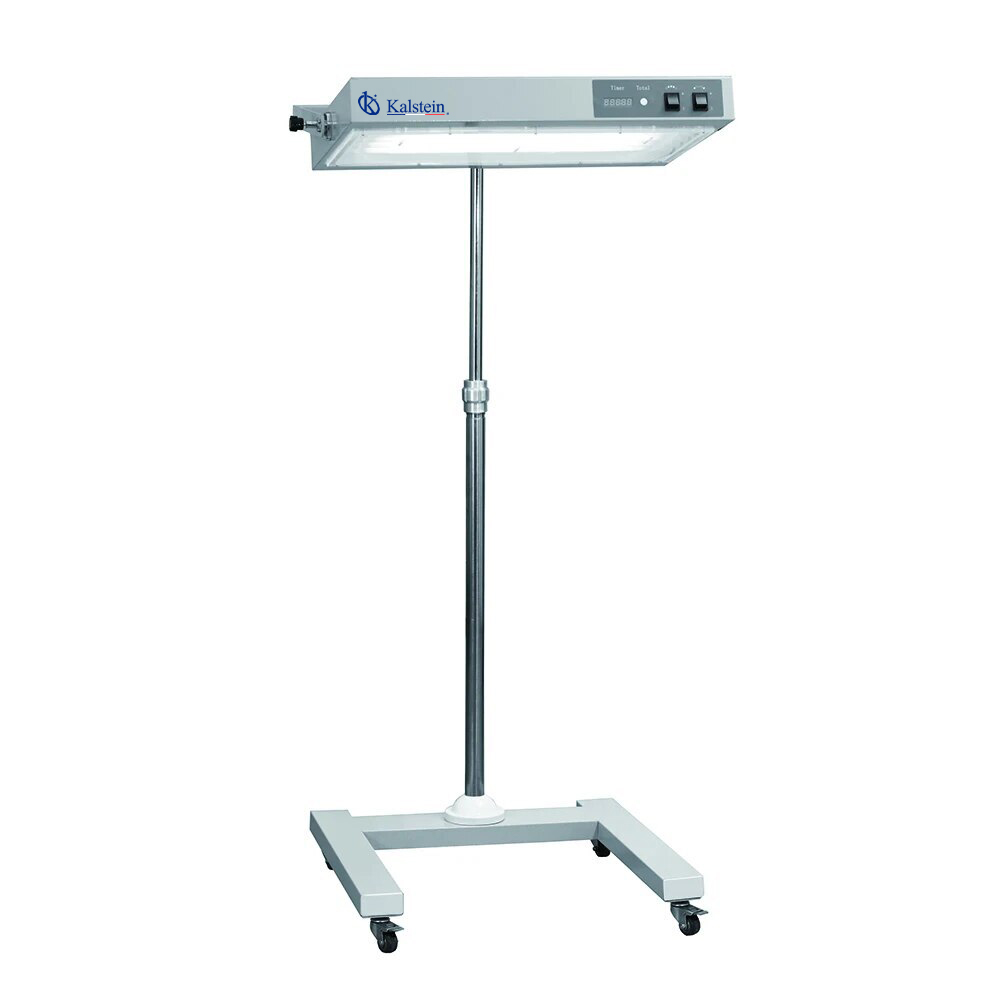
Phototherapy is an essential treatment for newborns with hyperbilirubinemia, a condition commonly known as neonatal jaundice. This technique uses electromagnetic radiation, specifically blue light, to reduce bilirubin levels in the newborn’s blood. Infant bilirubin phototherapy units are medical devices designed to emit this light in a controlled and effective manner, ensuring the baby’s safety and well-being during treatment.
Achieving Maximum Efficiency with PCR Thermocyclers: A Comprehensive Guide to Leveraging the Latest Medical Technology Trends
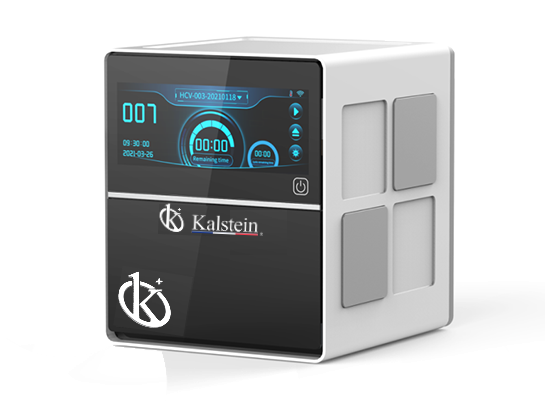
The latest trend in medical technology brings us to laboratories worldwide, where PCR Thermocyclers (Polymerase Chain Reaction) are essential pieces of equipment. These devices are used to amplify DNA segments through a process called PCR, and they have become fundamental in many biological and medical research fields in recent decades.
Technology and Science Behind Bilirubin Phototherapy Units: A Modern Approach
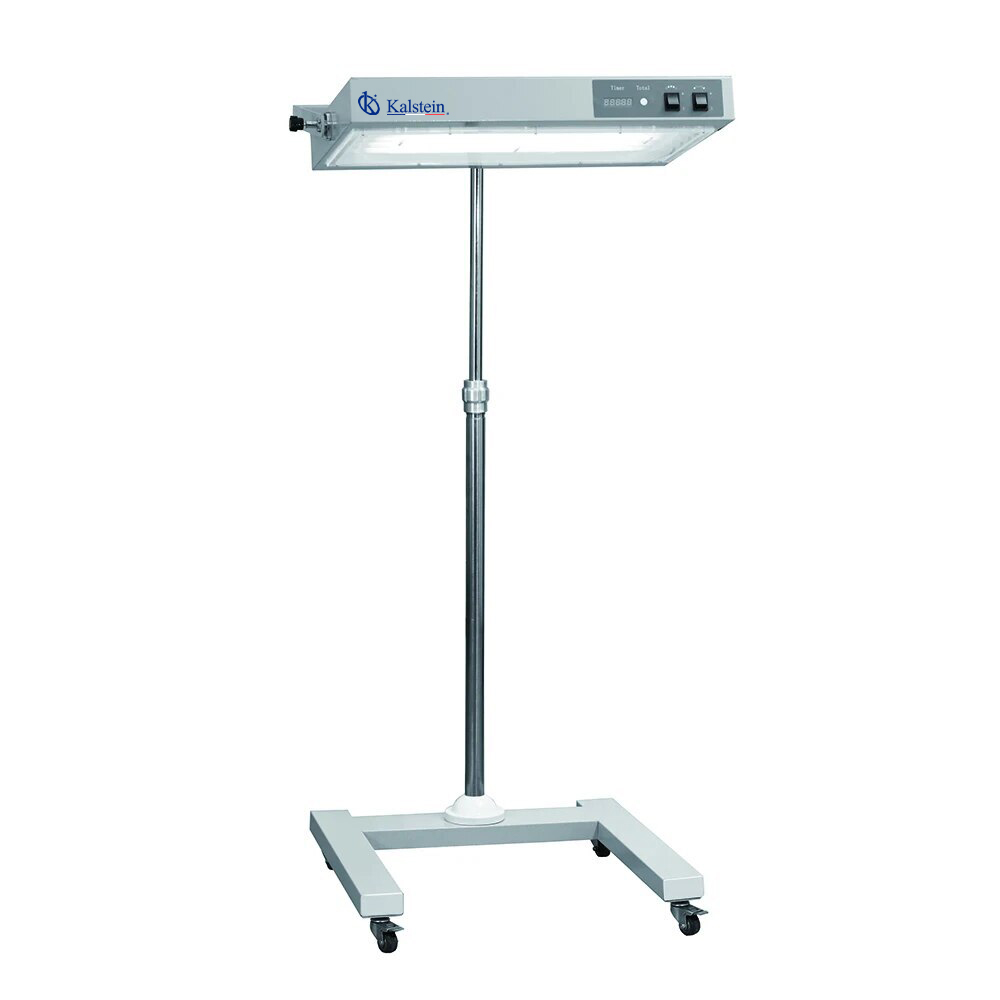
Phototherapy is an essential treatment for newborns with hyperbilirubinemia, a condition commonly known as neonatal jaundice. This technique uses electromagnetic radiation, specifically blue light, to reduce bilirubin levels in the newborn’s blood. Infant bilirubin phototherapy units are medical devices designed to emit this light in a controlled and effective manner, ensuring the baby’s safety and well-being during treatment.
Benchmark Evaluation of PCR Thermocyclers on the Market: A Guide to Improving Patient Treatment and Laboratory Testing Efficiency

PCR (Polymerase Chain Reaction) thermocyclers are vital pieces of equipment in any lab conducting DNA or RNA tests. They are used to amplify specific DNA segments through the PCR process. This tool has revolutionized medicine as it allows medical professionals to accurately determine patients’ diagnosis and treatment.
Innovations in Phototherapy for Neonatal Hyperbilirubinemia: State-of-the-Art Phototherapy Units
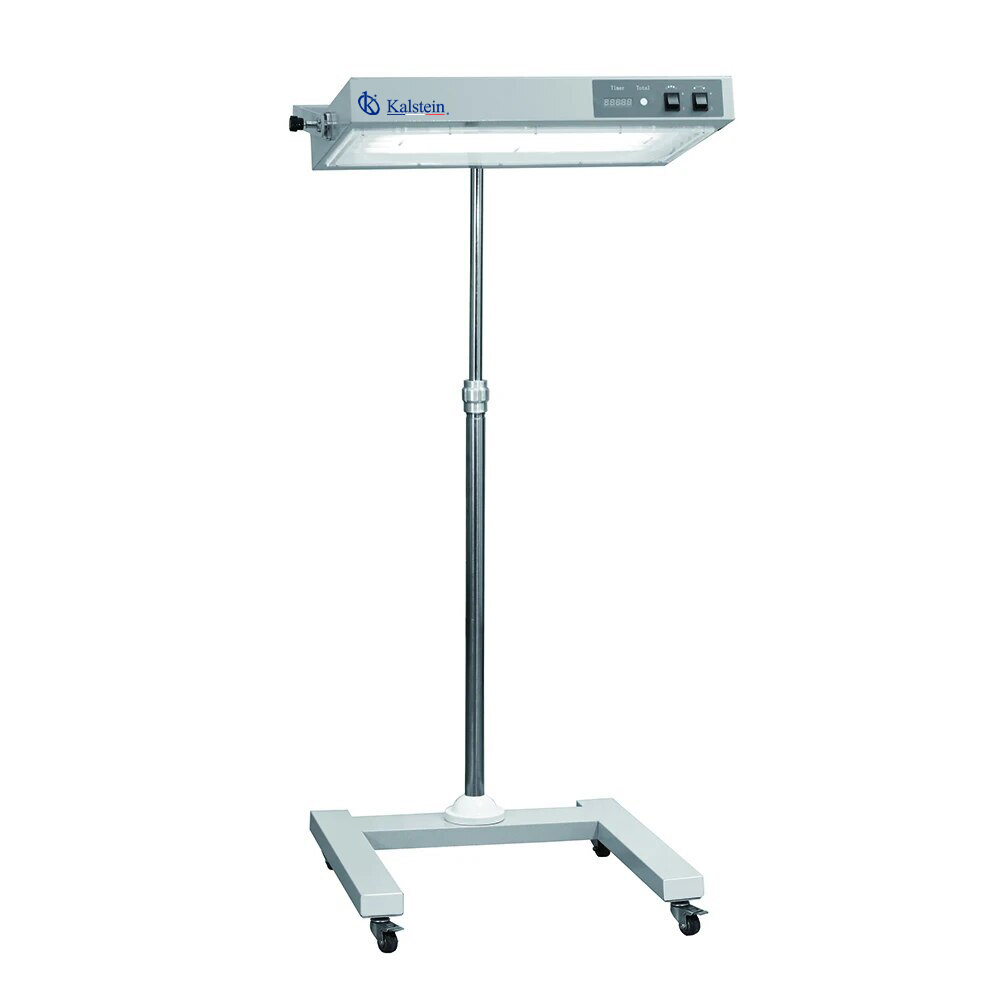
As someone who has had the opportunity to work closely with infant bilirubin phototherapy units, I can say that these machines have revolutionized the treatment of neonatal hyperbilirubinemia. Hyperbilirubinemia, a common condition in newborns that can lead to jaundice, requires immediate and effective attention. Phototherapy units have emerged as the primary solution, offering a non-invasive and highly effective treatment.
PCR Thermocyclers: Enhancing Clinical Results and Diagnostic Precision

To fully discuss PCR thermocyclers, we need to understand their design first. Primarily intended to perform specific temperature cycles, they allow the amplification of DNA and RNA sequences. In this way, they provide a reliable and effective method for manipulating genetic samples. Modern PCR thermocyclers are made from a variety of heat-resistant materials that allow precise temperature control, a critical aspect for the efficiency of the amplification process.
Examining The Best PCR Thermocyclers of 2024: Advancing Clinical Research through Leading Medical Practices

The PCR thermocyclers of 2024 are impressive advancements in the field of medical technology and clinical research. This translates into significant improvements in global best medical practices. Faster, more accurate, and efficient processing and analysis techniques are merely some of the key strengths of these devices.
The Transformative Power of PCR Thermocyclers: A Case Study on Excellence in Biomedical Diagnosis

The exponential advancement of technology has allowed various crucial sectors for human development to benefit from its applications. One of these sectors is medicine, specifically in the branch of biomedical diagnosis. Throughout this detailed case study, we will explore how PCR thermocyclers have become a key tool in providing high-quality medical products and addressing challenges faced in lab solutions.
Creating an Excellent Buying Guide for PCR Thermocyclers

Can identifying and choosing the right PCR thermocycler play a pivotal role in the success of your laboratory work? These significant lab instruments, a piece of advanced medical technology, are used in a wide array of clinical and research applications, from DNA sequencing to disease detection. PCR thermocyclers facilitate PCR (Polymerase Chain Reaction) reactions by providing precise temperature control.
High-Precision Transilluminators: Innovation in Biomolecular Analysis
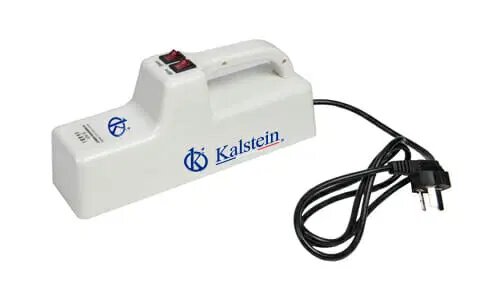
In the field of molecular biology, the need for precise and efficient technologies is crucial. Transilluminators play a vital role in this field, facilitating the visualization and analysis of nucleic acids and proteins. Over the years, the evolution of these devices has been remarkable, leading to the emergence of advanced models that maximize efficiency and precision. Here, we will explore the outstanding features of transilluminators, focusing on the offerings from the Kalstein brand, known for its innovation and quality.
